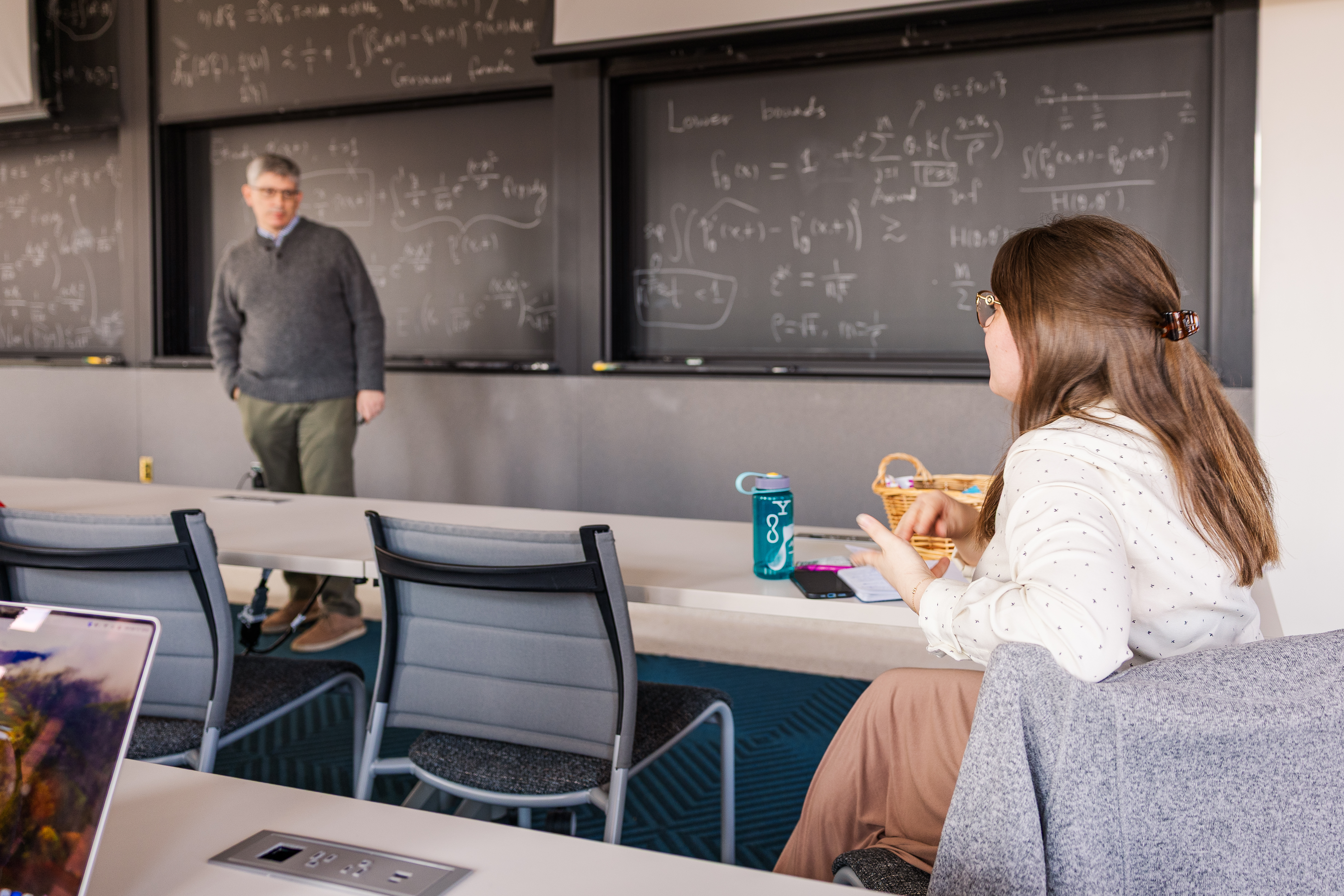At a Glance
- The Poorvu Center offers personalized and confidential teaching consultations, observations, and small group feedback sessions to help Yale instructors and future instructors reflect on their teaching approach, goals, and challenges.
- Support includes course design, section planning, effective use of technology, assignment development, academic job market preparation, collecting and interpreting student feedback, online course development, and more.
- Instructors are encouraged to request appointments 1–2 weeks in advance and observations and small group feedback sessions at least 2 weeks in advance
Please request an instructional consultation or classroom observation here.
